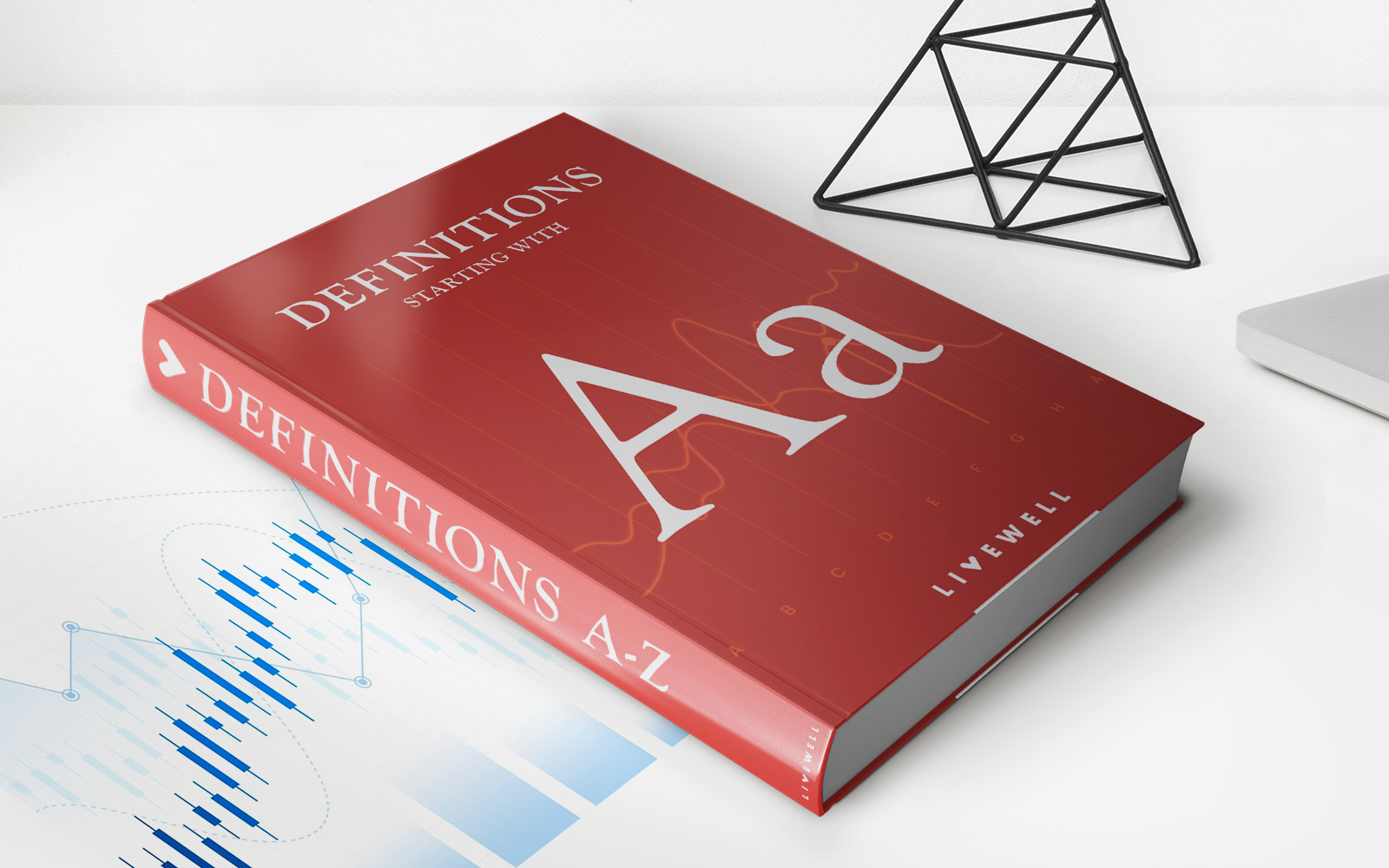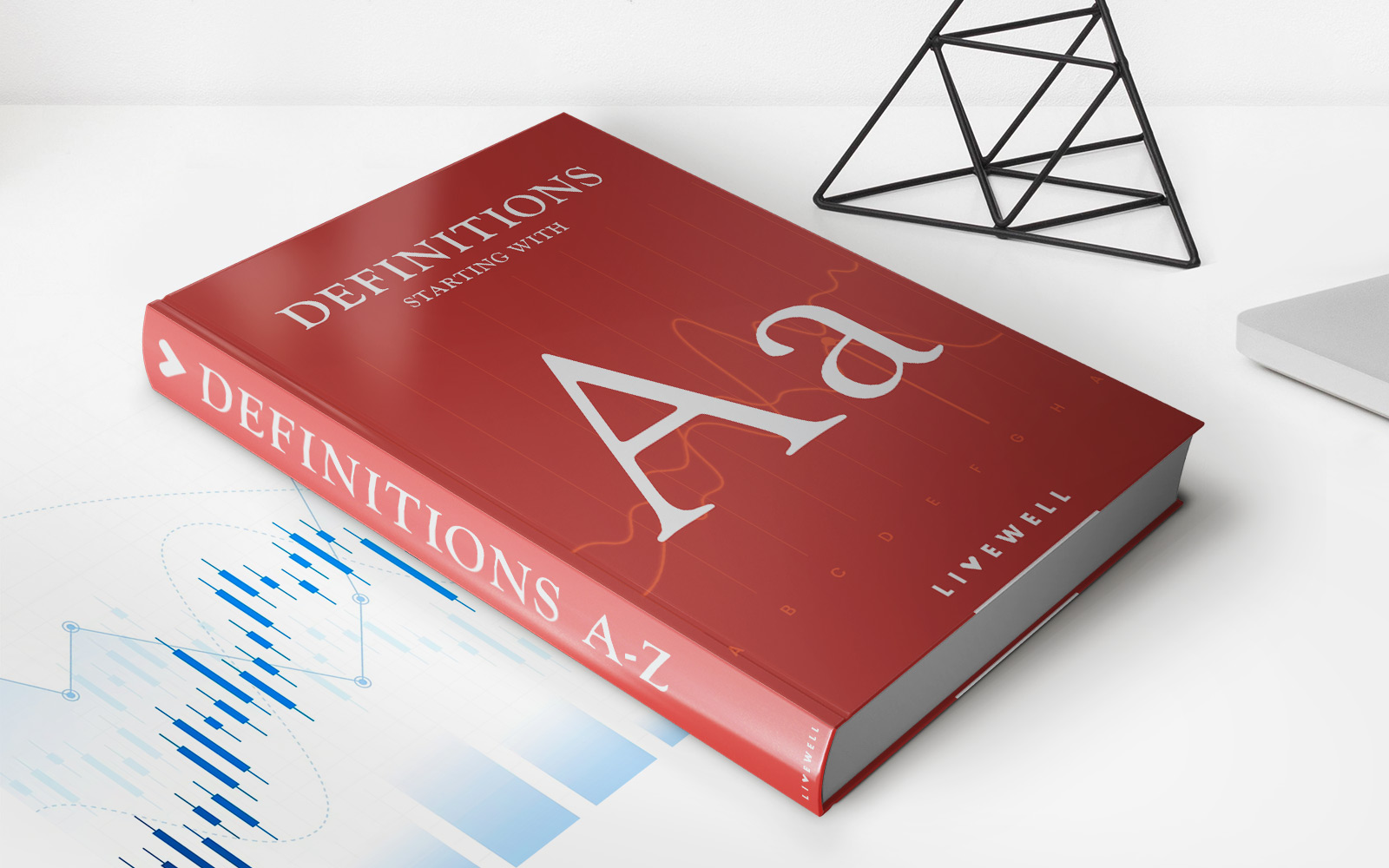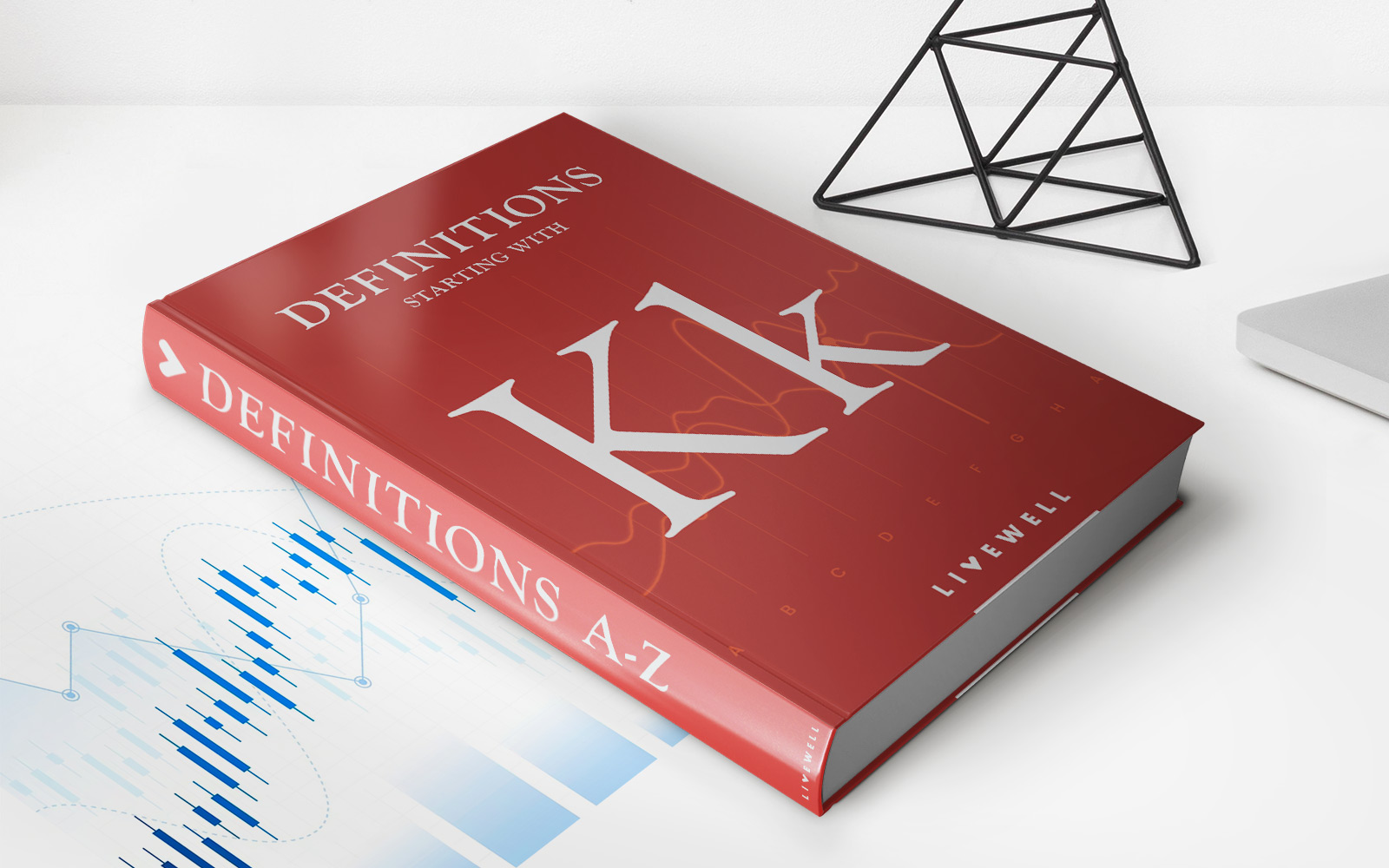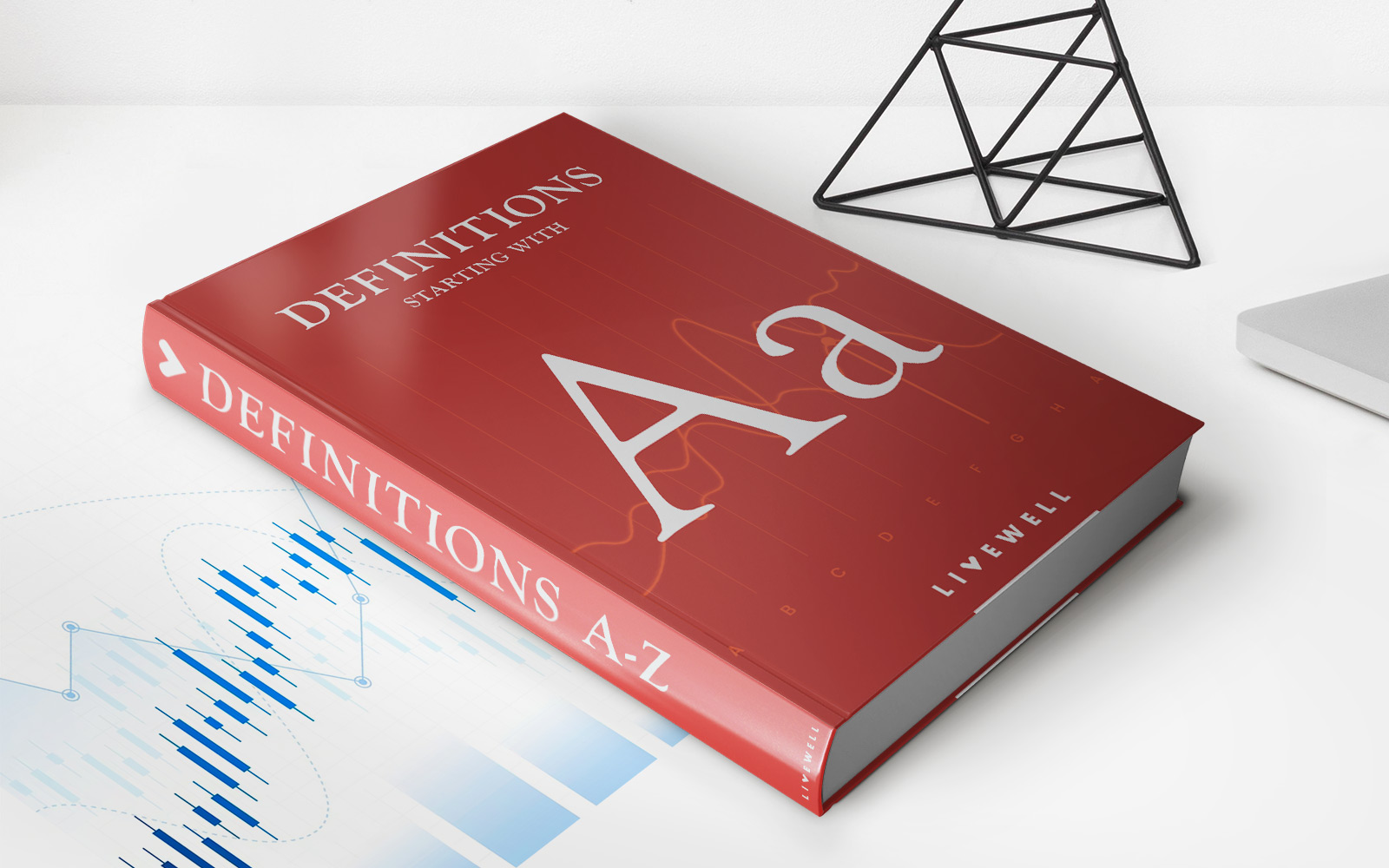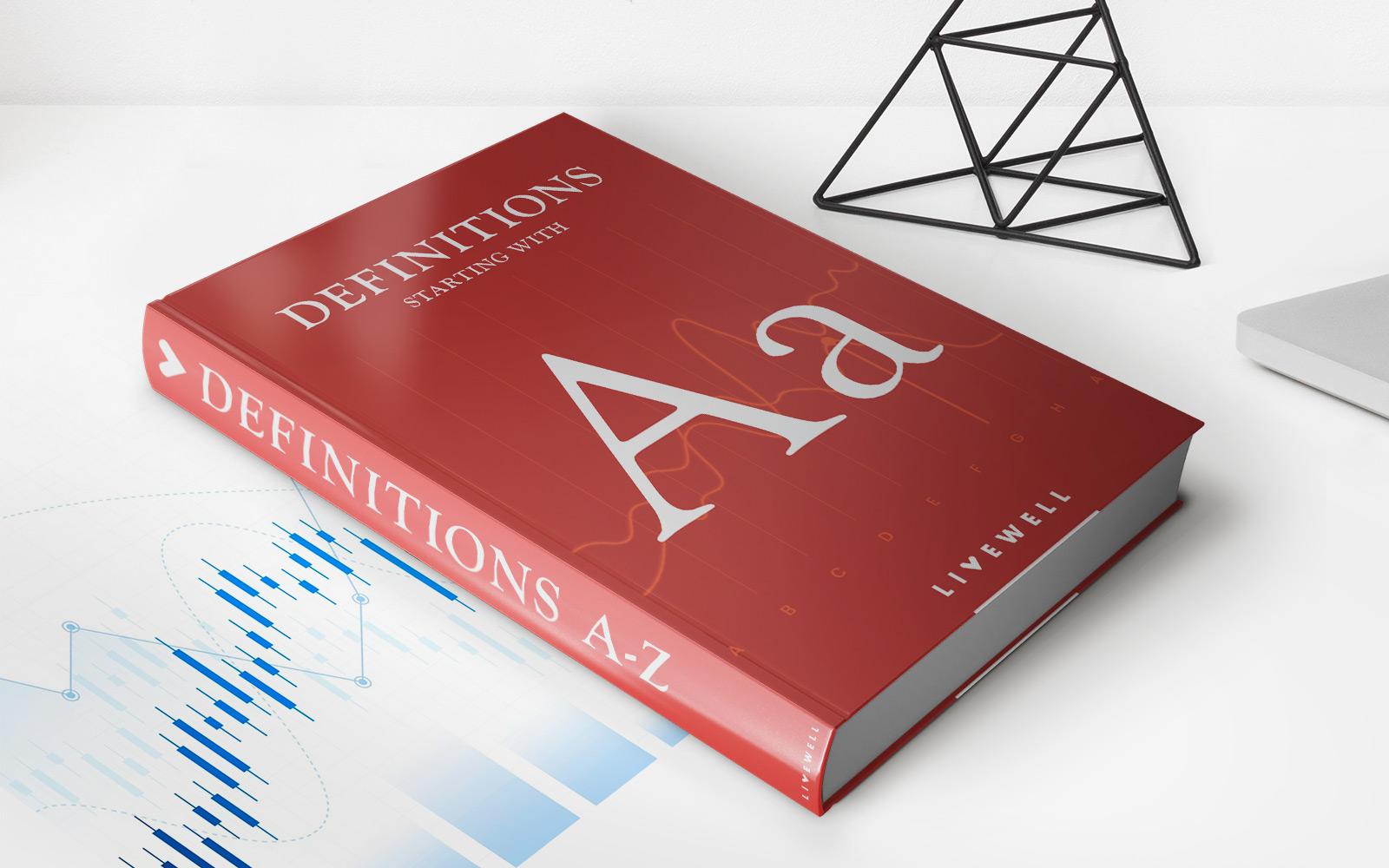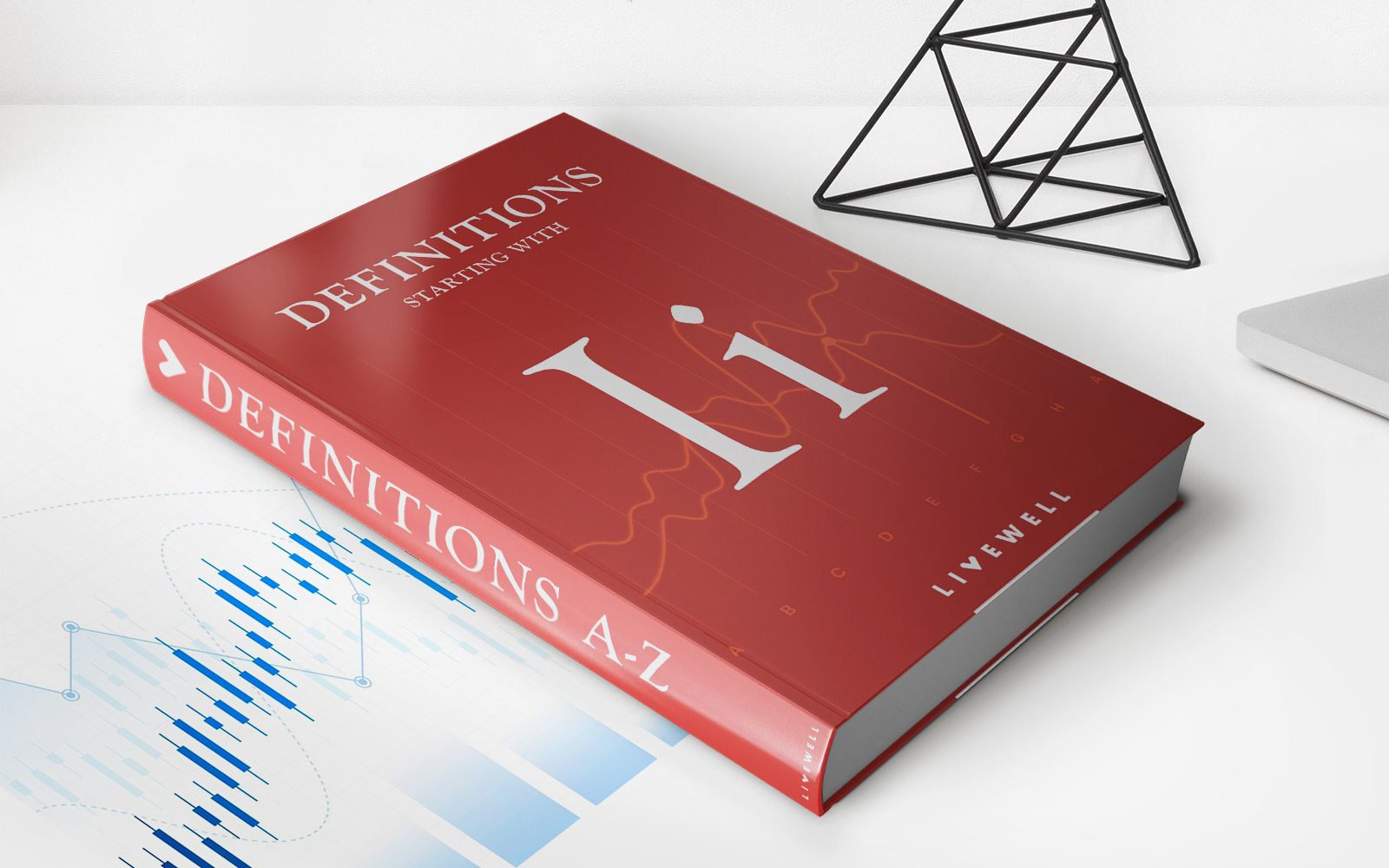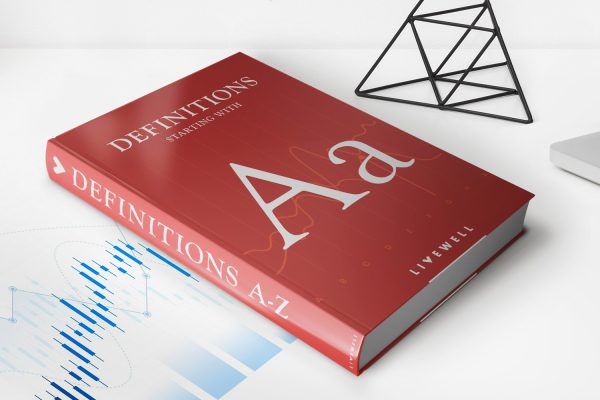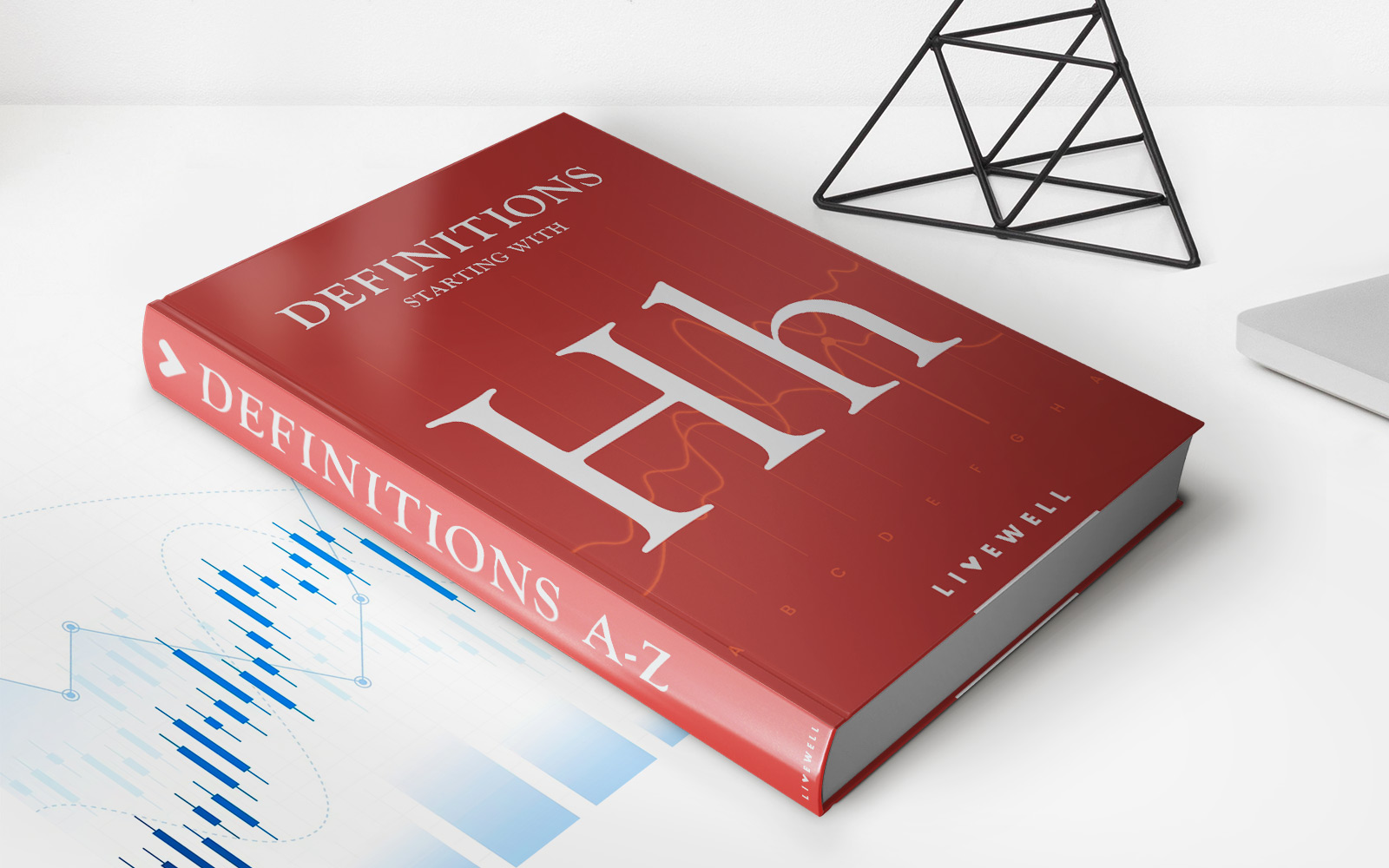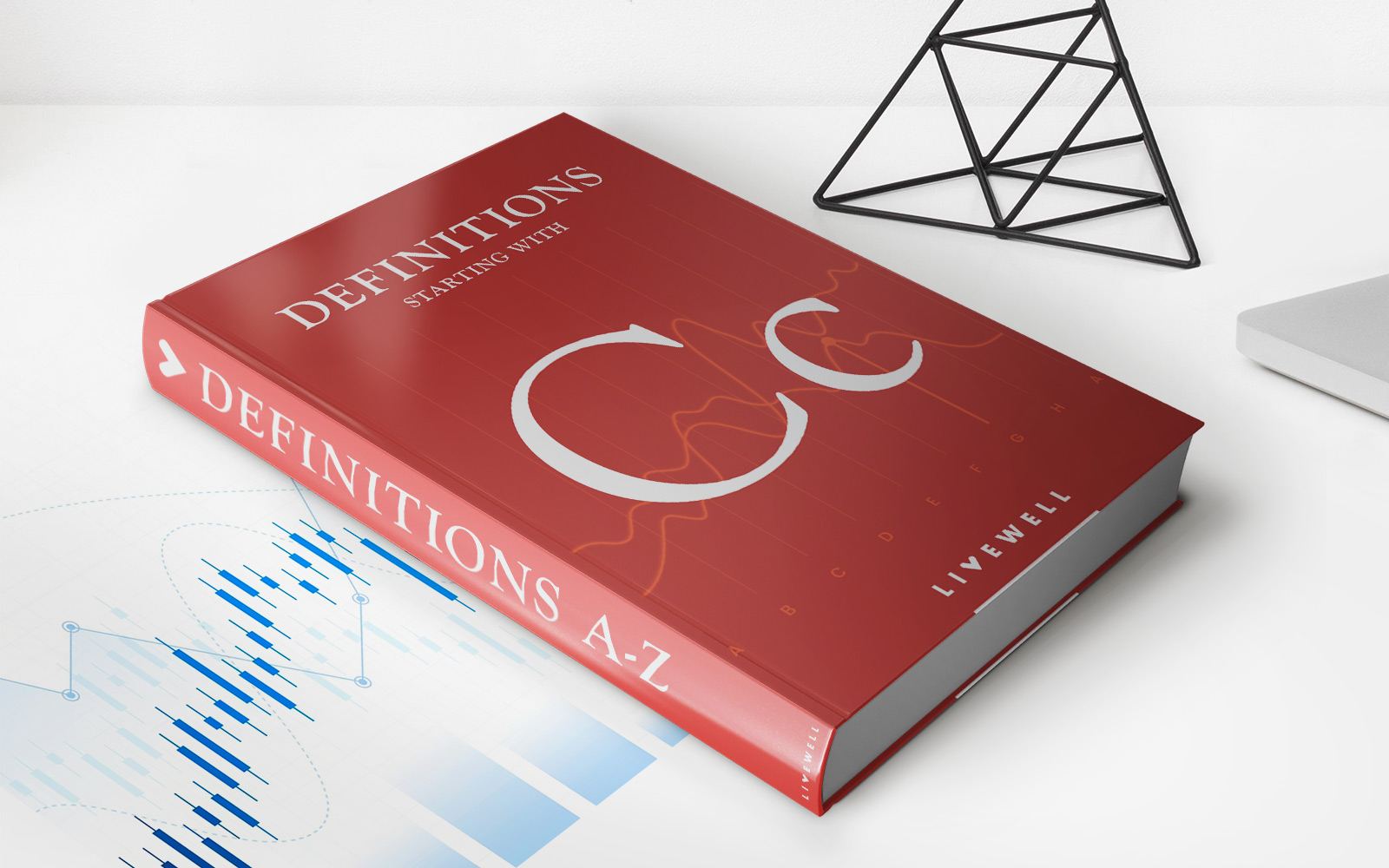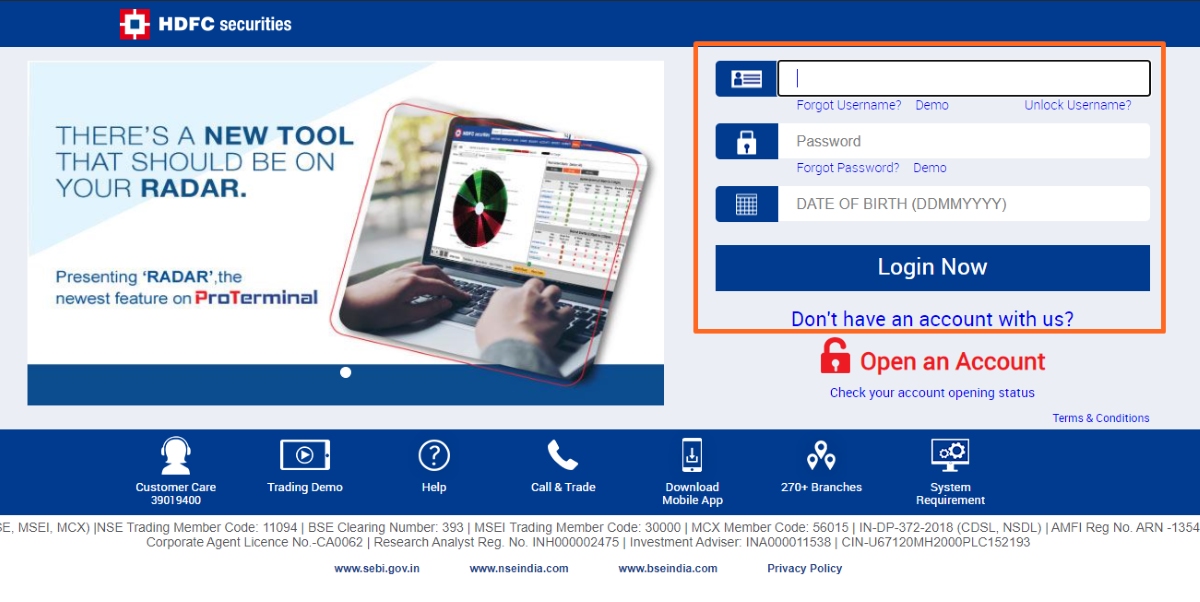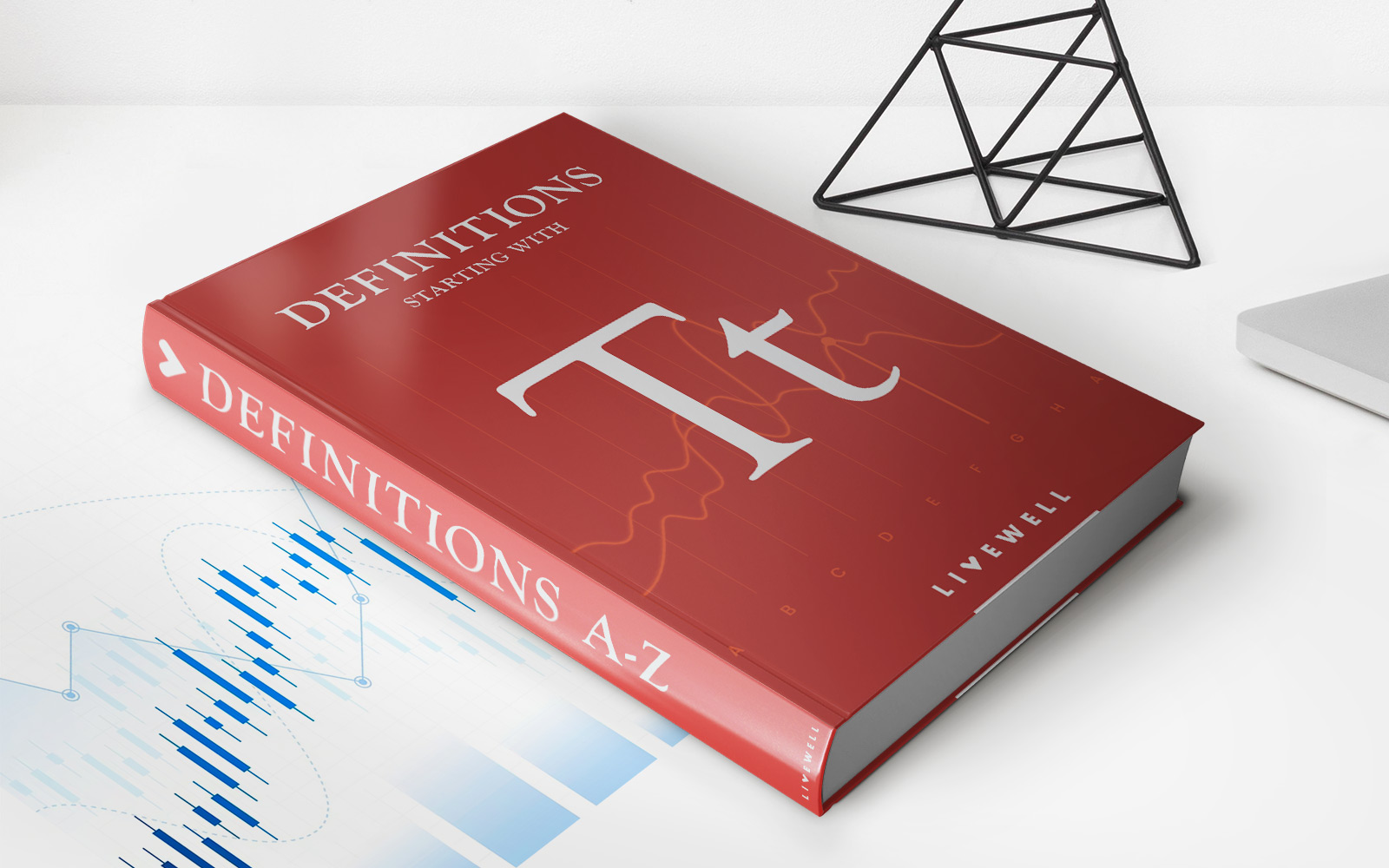

Finance
Tunisian Dinar (TND) Definition
Published: February 11, 2024
Learn about the Tunisian Dinar (TND) and its definition in the world of finance. Discover its significance and value in the financial market.
(Many of the links in this article redirect to a specific reviewed product. Your purchase of these products through affiliate links helps to generate commission for LiveWell, at no extra cost. Learn more)
Tunisian Dinar (TND) Definition: A Comprehensive Guide
Welcome to our “FINANCE” category, where we delve into the world of currency and financial concepts. In this blog post, we will be exploring the Tunisian Dinar (TND), its definition, and its role in the Tunisian economy. Whether you are a traveler planning a trip to Tunisia or a currency enthusiast, understanding the Tunisian Dinar is essential. So, let’s dive right in!
Key Takeaways:
- The Tunisian Dinar (TND) is the official currency of Tunisia.
- It is denoted by the symbol “د.ت” for Dinar and “TD” for Tunisian Dinar in international currency exchanges.
What is the Tunisian Dinar?
The Tunisian Dinar (TND) is the official currency of Tunisia, a beautiful North African country known for its rich history, vibrant culture, and stunning Mediterranean coastline. The currency is issued and regulated by the Central Bank of Tunisia.
The Tunisian Dinar was introduced in 1960, replacing the French Franc as the country’s official currency. It was a significant step towards Tunisia’s economic independence and a reflection of its sovereignty. Today, the Dinar is widely used for all financial transactions within the country.
Key Features of the Tunisian Dinar
Let’s take a closer look at some key features of the Tunisian Dinar:
- Denomination: The Dinar is available in banknotes and coins. Banknotes come in denominations of 5, 10, 20, 30, and 50 Tunisian Dinars, while coins are available in 5, 10, 20, 50, 100, 200, 500 millim, as well as 1 and 5 Tunisian Dinars.
- Exchange Rate: The value of the Tunisian Dinar fluctuates against other major currencies in the international forex market. It is always advisable to check the exchange rates before converting your currency.
- Security Features: Tunisian banknotes have various security features, including holographic strips, watermarks, and intricate designs, to prevent counterfeiting and ensure the integrity of the currency.
Why is the Tunisian Dinar Important?
The Tunisian Dinar plays a vital role in the Tunisian economy. Here are a few reasons why it is significant:
- Domestic Transactions: The Tunisian Dinar is widely accepted and used for everyday transactions within Tunisia, including shopping, dining, and transportation.
- International Trade: The Dinar is essential for Tunisia’s international trade, facilitating export and import transactions with other countries.
- Tourism: Tunisia is a popular tourist destination, and having a good understanding of the Dinar is crucial for travelers to navigate the local economy.
- Economic Stability: The value and stability of the Dinar significantly impact Tunisia’s economic condition and international standing, affecting factors such as inflation and interest rates.
In Conclusion
The Tunisian Dinar (TND) is more than just a currency; it represents Tunisia’s financial independence and plays a vital role in its economy. Understanding its features and importance can be beneficial, whether you are planning a trip to Tunisia or simply expanding your knowledge of world currencies.
Remember, if you plan to exchange your currency to Tunisian Dinar, it’s always wise to stay updated with the prevailing exchange rates. We hope this comprehensive guide has provided you with valuable insights into the Tunisian Dinar and its significance!
